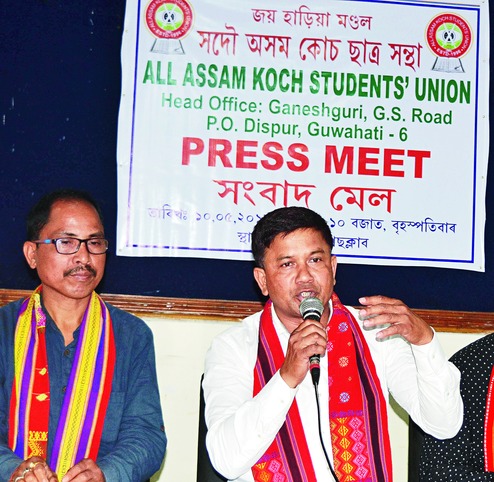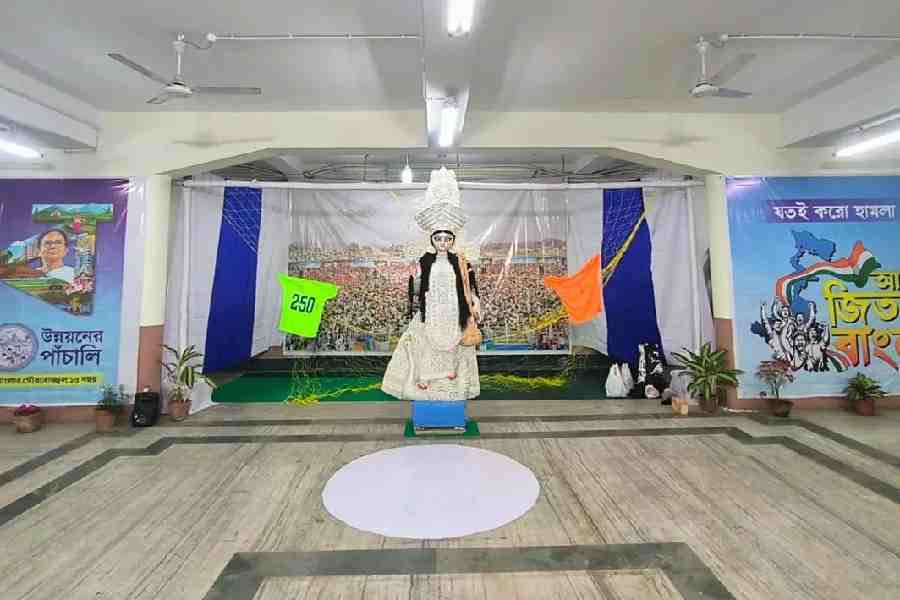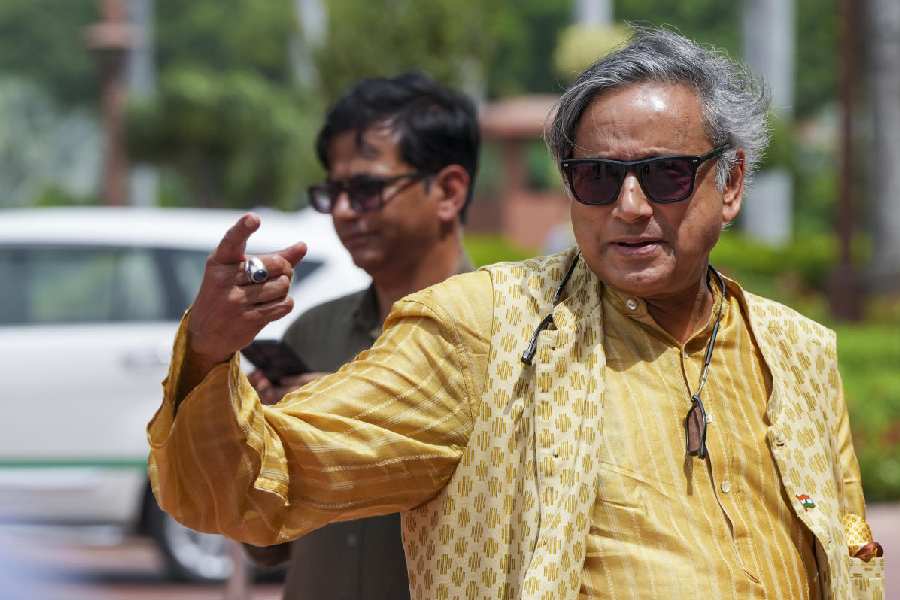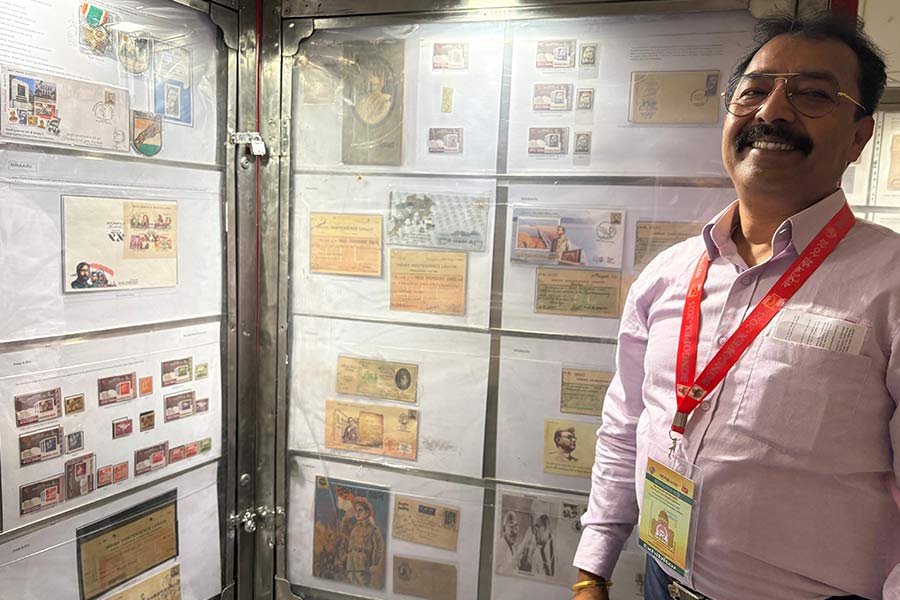
Guwahati: The All Assam Koch Students' Union (AAKSU) on Thursday said the Koch people possess a distinct language, attire and culture and alleged that the Rajbongshis were imposing theirs on them and posing an impediment to the community's development.
The organisation said the Koch-Rajbongshis merged into a single tribe in 1912, with the formation of the Koch-Rajbongshi Kshatriya Sanmilani.
Historically, the origins of the Rajbongshis are shrouded in mystery. Some consider the tribe to have the same cultural and etymological origin as the Kochs, while others differ.
"There is no such tribe as Koch-Rajbongshis, the Kochs being original inhabitants of Assam, while the Rajbonshis had migrated from Bengal. We have our own distinct culture, language, attire and customs. The Rajbongshis merged with the Koch people and have created problems for the development of the tribe, including declaration as a Scheduled Tribe. They are imposing their language and culture on the Koch people. The Rajbongshis enjoy Scheduled Caste status in Bengal. Now they want Scheduled Tribe status in Assam by identifying themselves as Koch-Rajbongshis," union president Parag Koch said at a news meet here.
The Koch community was given Scheduled Tribe status in Meghalaya in 1987 while the Rajbonshis were not. In Bangladesh, the Koch people have retained their culture, language and traditions as the Koch tribe. The tribe enjoys OBC status in Assam.
The organisation placed several demands before the government and appealed to the Koch youths to work towards preservation of their culture.
The union appealed to the Koch people to boycott the yellow gamosa and adopt traditional multi-coloured dresses like sokatharai and kambang.
It also urged the Kochs to practise and spread the original Koch language of Tibeto-Burmese origin while setting aside the Aryan-origin Bengali-like language of the Rajbongshis. It also appealed for use of the surname Koch instead of surnames like Saikia, Hazarika and Bora.
The organisation demanded that at least 100 Koch language teachers be appointed in primary schools in the areas dominated by the community. A separate development council for the Kochs was demanded with an investigation into funds released by the government for the Koch-Rajbongshi Development Council. It also urged the government to investigate alleged irregularities in the construction of the Koch-Rajbongshi Sanmilani office at Borbari, Guwahati.











